10 cases when inventions killed their inventors
Categories: History
By Pictolic https://pictolic.com/article/10-cases-when-inventions-killed-their-inventors.htmlToday, as a hundred years ago, people do not stop inventing something new. But in the past, there were no computers and phones, and people were looking for new ways to develop technology on their own. Sometimes everything ended in a stupid and tragic way.

Fred Duesenberg and his Thirst for Speed

In the early 1900s, there were only three mass-produced automobile companies: Ford, Chrysler, and GM. Cars were made with the expectation that any American would be able to purchase a vehicle. But Fred Duesenberg decided to go further. Together with his brother August, he designed an engine for an airplane, but decided to use it for a more progressive car. The original Model J car was completed in 1928 and sold for between $ 8,500 and $ 18,500, depending on the design. For comparison, a Ford car cost about $ 850. Fred wanted to create the fastest car, so he constantly improved the engine. In 1932, he was driving his own invention and crashed at high speed.
Alexander Bogdanov died trying to become immortal
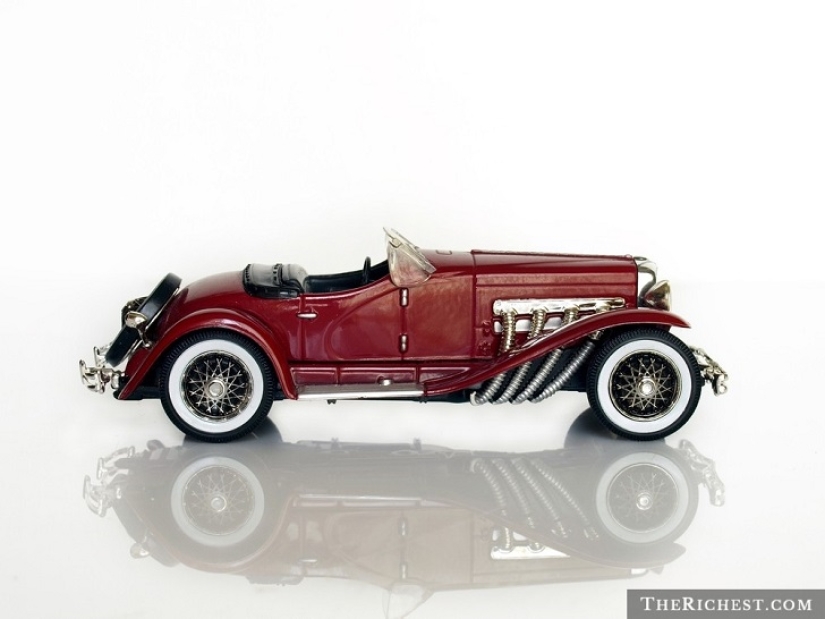
Alexander Bogdanov died in 1928 under unusual circumstances. Bogdanov was a talented doctor, but he was also interested in other areas. He even wrote several science fiction books. In one of them, the action takes place on Mars, where people exist in a utopian society. On Mars, people had the secret of eternal life, and the doctor-writer decided to try to implement the plan of immortal life that he had invented. Bogdanov began to practice blood transfusions. He believed that the blood of young men and women would make him immortal, but he did not test donors for diseases. The last transfusion gave him not immortality, but malaria.
Francis Edgar Stanley and the Stanley Motor
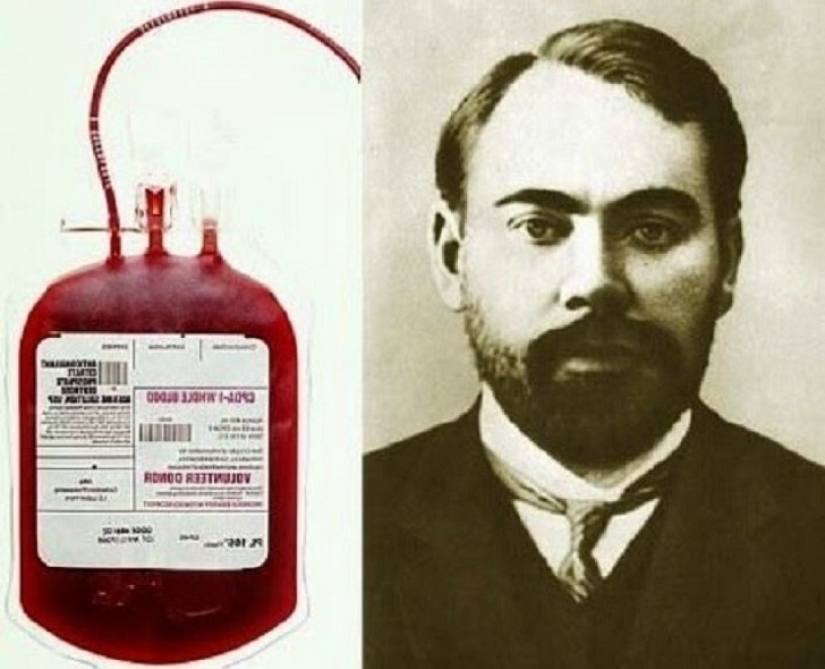
Francis Edgar Stanley had a twin brother, Freelan Oscar Stanley, both of whom were born in Maine (USA) in 1849. Before the automobile became the main means of transportation, people used horse-drawn carts and bicycles. When Francis got married, he began to worry about how his wife, who can't ride a bicycle, would get around. At one of the fairs, the Stanley brothers learned about the steam engine and founded their own automobile company. In 1902, the company became the Stanley Motor Carriage Company, and later Stanley Steamers. One day, the brothers decided to test new car models in the mountains and compete. As a result, Francis was involved in an accident while driving up the mountain.
Jean-Francois Pilatre de Rosier — The Second Icarus
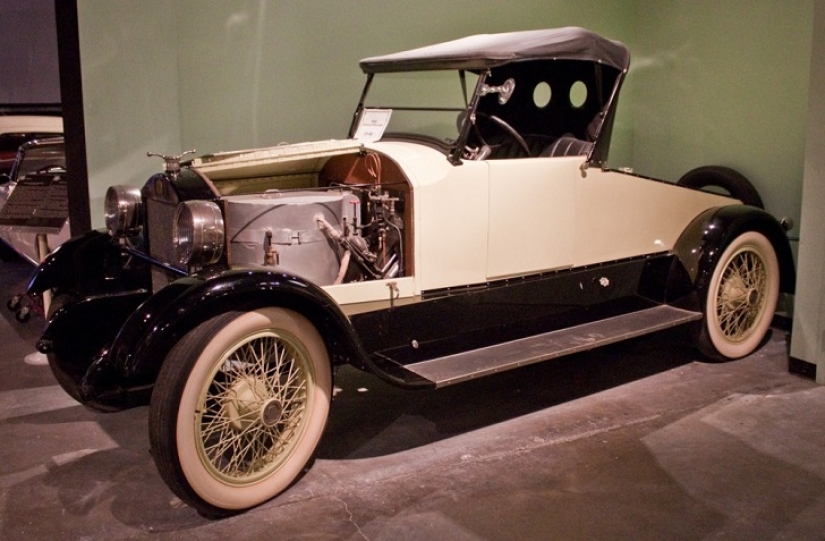
Jean-Francois Pilatre de Rosier was a professor from Paris who loved anything unusual. He created a mask that protects workers in places with polluted air. When de Rosier was 31 years old, he learned that two Montgolfier brothers had come up with a large balloon that could fly around the whole country. At first, they were afraid to send people into the air, so animals went on the second flight: a sheep, a rooster and a duck. After two successful attempts, the brothers decided to send people in a hot air balloon. Jean-Francois volunteered and brought along an artist named Romain. Jean-Francois was not happy with the design, so he redesigned it for the flight. The new model was also a balloon, but it flew on helium. On June 15, 1785, Jean-Francois and a friend flew in a new aircraft, but it crashed. Jean-Francois died, Romain survived.
William Bullock is Stuck in His Invention
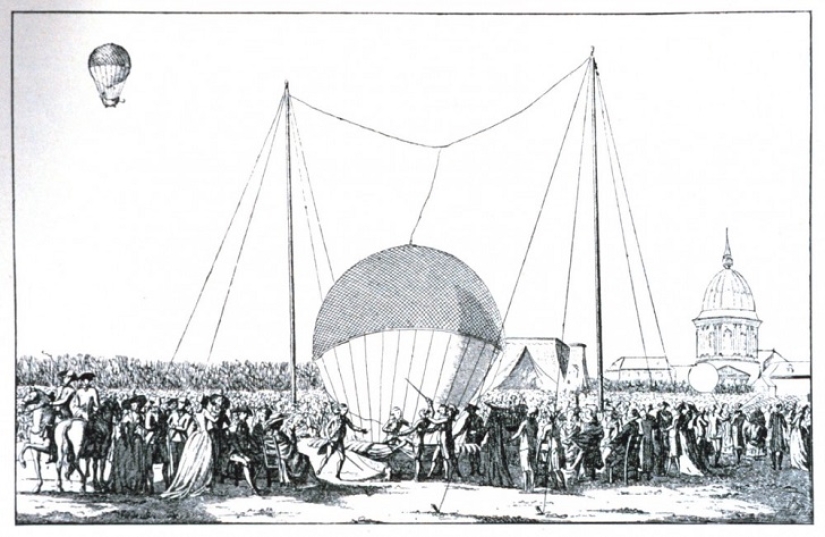
Before computers were invented that could print a book in a second, books were printed on special machines. It was a very complex process: first you had to set up special blocks with letters and numbers, then use a hammer to break them in a certain order so that they were correctly displayed on the paper. The process was improved by replacing the materials used to make the blocks (wood was replaced with metal). In 1844, Richard Ho invented the rotary press, which included cylinders instead of flat presses. This made the printing process faster, especially for newspapers. William Bullock was not completely satisfied with Ho's invention, so he created his own kind of press. In order not to insert paper every time, there was just a huge roll of paper in this press. This press also allowed printing on both sides of the sheet. On April 12, 1867, when Bullock was inspecting the construction of the press, his foot got stuck in the mechanism. Bullock was helped out, but due to the damage in his leg, gangrene developed. The inventor died on the operating table.
Otto Lilienthal only wanted to be able to fly
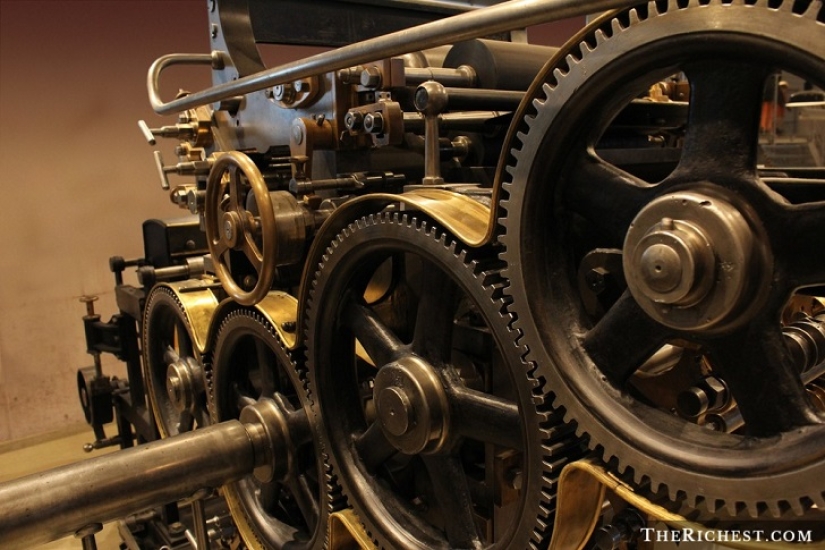
Brothers Otto and Gustav Lilienthal wanted to fly so much that they came up with a mechanism similar to the wings from horror movies. They made their first flight long before the Wright brothers. Otto and Gustav designed a hang glider with massive wings. By 1891, Otto had completed about two thousand test flights, and his and his brother's invention was gaining popularity in the United States. On August 9, 1896, the hang glider crashed, and Otto, who was flying it, was killed.
Thomas Midgley Jr. proved that karma works
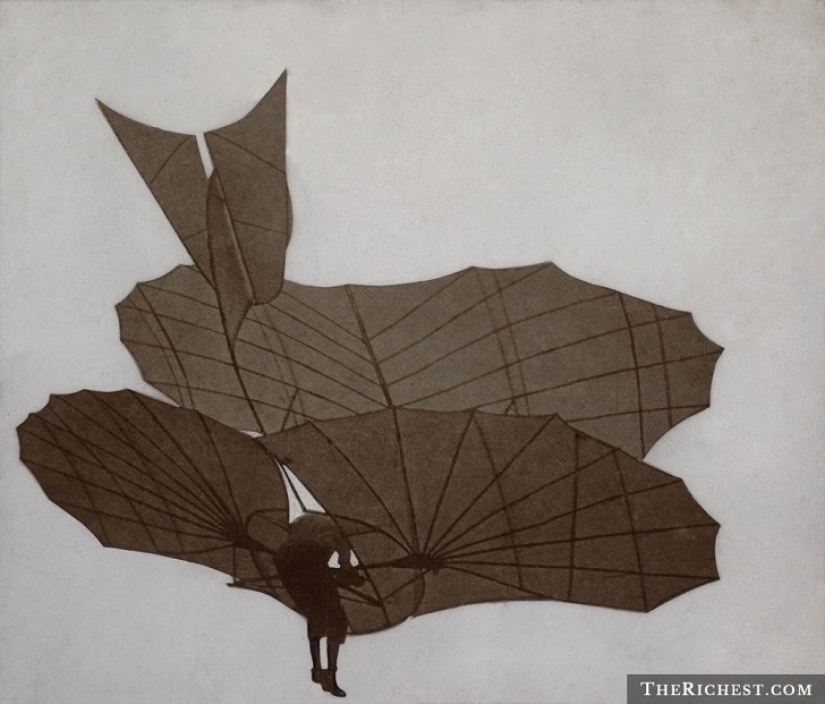
In 1921, Thomas Midgley was a highly educated physicist who had already made several discoveries. But today he is known as the worst inventor in history because of two of his discoveries. The first is freon, a chemical known as chlorofluorocarbon gas-a propellant for aerosol packaging. Although the harmful effects of freon are not reported anywhere, a person will have big problems if the substance gets into his body. The freon is not noticeable, so you won't even realize that the gas has entered the body until it's too late. Freon also destroys the ozone layer. Midgley's second invention is also quite dangerous. In 1923, Midgley was a vice president of General Motors and was looking for a way to get rid of knocking while driving cars. People used ethanol, but it was very expensive. Midgley learned that tetraethyl lead could replace ethanol in production. However, even in 1923, people realized that lead would not do any good, so Midgley gave his invention the name "ethyl" to confuse consumers. In 1940, Thomas Midgley came down with polio, probably due to the chemical poisoning he was exposed to every day. He was upset about being bedridden. So he came up with a system with ropes that would help him move around. Once he lost control and strangled himself.
Karel Soucek overcame the waterfall in a barrel, but died in the tower

Karel Souchek passes through Niagara Falls in a barrel. All this madness takes place in 1984. He designed the device himself and decided to perpetuate his name in history in this way. But crossing the Niagara River wasn't enough for Soucheck. He decided to use the same design to throw himself from a high tower in Houston. Souchek was thrown from a height of 55 meters in a barrel designed by him, in which he was supposed to land in the pool below. But the barrel was moving too fast, and Souchek landed on the edge of the pool. Karel died instantly.
Li Si was killed by the sword

Even in the distant past, politicians schemed and tortured people. Li Xi was prime minister during the Qin Dynasty in 246 BC and was responsible for drafting laws. He created equal conditions in various spheres of life — for example, all chariots and carts on the road were equal. He also cut taxes, which made him popular among the people. Li Xi released a document "On the Five Methods of pain", which described the torture that would be applied to criminals. The methods, by the way, were terrible: for example, the poor man could cut off his nose or legs or behead him with a sword. Once there was an unpleasant story, as a result of which Li Si drove a man to suicide. The Prime Minister was tried and beheaded with a sword according to his document.
Max Vallier, first rocket man
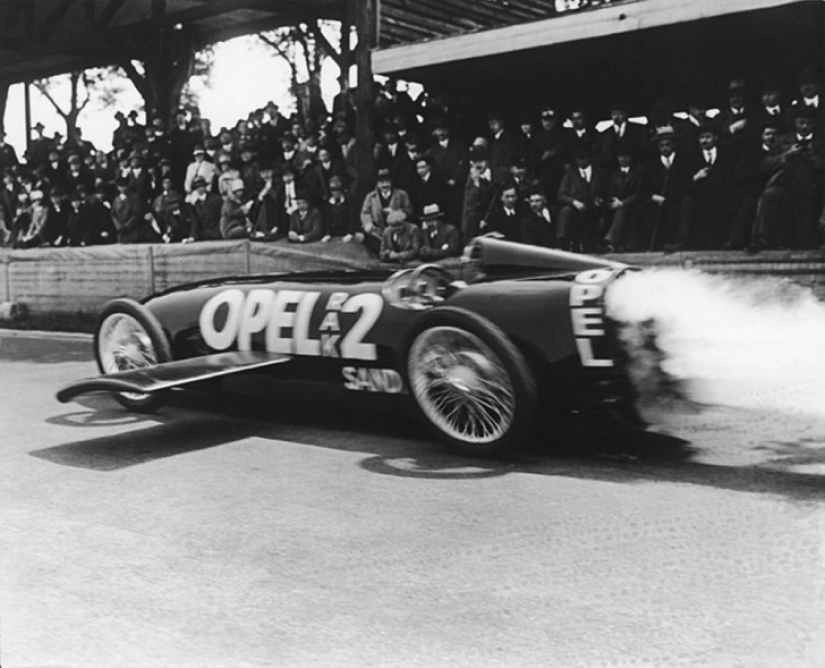
Max Vallier loved rockets and explosions, and he didn't even think about his own safety. In the 1920s, fire safety regulations had not yet been developed, so all rocket demonstrations were at random. Max built small jet engines into trains, aerodynamic sleds, and racing cars. But soon he got tired of such a small business and began to do more rockets. He mixed fuel with oxygen, and since he didn't know what proportions to take, it was a very risky mixture. Max ran the tests for five months, trying different combinations. In May 1930, he and a friend were experimenting with kerosene, water, and liquid oxygen, and an explosion occurred. Part of the rocket that was tested hit Max in the chest, he died on the spot.
Keywords: Death | History | Invention | Inventor
Post News ArticleRecent articles

It's high time to admit that this whole hipster idea has gone too far. The concept has become so popular that even restaurants have ...

There is a perception that people only use 10% of their brain potential. But the heroes of our review, apparently, found a way to ...
Related articles

There is a perception that people only use 10% of their brain potential. But the heroes of our review, apparently, found a way to ...

Immunity to poisons at all times been the dream of all authority. List of popes, kings and emperors, gave his soul to God through ...

In the fall of 1972, Bill Yates traveled through the countryside in the vicinity of Tampa, Florida. At that time, he was studying ...

New Year's is a time to surprise and delight loved ones not only with gifts but also with a unique presentation of the holiday ...